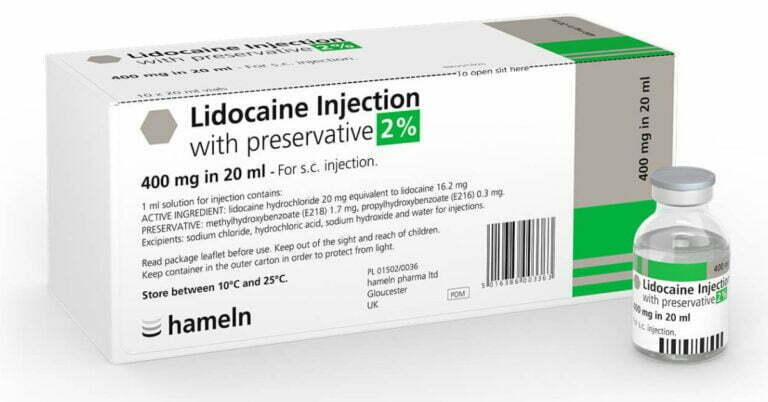How Long Does Cocaine Stay in Your Blood?

Cocaine is a powerful stimulant drug commonly abused for its euphoric effects. When cocaine is ingested, it quickly enters the bloodstream and travels to various…
Cocaine is a powerful stimulant drug commonly abused for its euphoric effects. When cocaine is ingested, it quickly enters the bloodstream and travels to various organs throughout the body, including the brain. Cocaine is metabolized by the liver and excreted through the urine, but traces of the drug can remain in the bloodstream for some time. In this article, we will explore how long cocaine stays in the blood and how it can be detected.
Factors Affecting the Length of Time Cocaine Stays in the Bloodstream
The time that cocaine stays in the bloodstream can vary depending on several factors. Some of these factors include:
- The amount and frequency of use
- The individual’s metabolism
- The method of ingestion
Detection Window for Cocaine in the Bloodstream
According to the National Institute on Drug Abuse, cocaine can be detected in the blood for up to 12 hours after use. However, other studies have suggested that the detection window for cocaine in the blood can be longer.
One study found that cocaine could be detected in the blood of chronic users for up to 7 days after the last use. Another study found that the drug could be seen in the blood of occasional users for up to 48 hours. It is important to note that while cocaine may only be detectable in the blood for a short period, the drug can be detected in other bodily fluids and tissues for much longer.
Detection Methods for Cocaine in the Bloodstream
There are several methods for detecting how long does cocaine stay in your blood, including:
- Blood tests: Blood tests are the most accurate way to detect cocaine in the bloodstream. However, they are also the most invasive and expensive method.
- Saliva tests: Saliva tests are less invasive than blood tests and can detect cocaine in the bloodstream for up to 2 days after use.
- Urine tests: Urine tests are commonly used to detect cocaine use because they are non-invasive and can see the drug for up to 4 days after use.
- Hair tests: Hair tests are the most sensitive method for detecting cocaine use. They can detect the drug in the hair shaft for up to 90 days after use.
Related Article: Is Cocaine a Stimulant or Depressant
Conclusion
In conclusion, the length of time that cocaine stays in the bloodstream can vary depending on a number of factors. While cocaine may only be detectable in the blood for up to 12 hours after use, it can be detected in other bodily fluids and tissues for much longer. There are several methods for detecting cocaine use, including blood tests, saliva tests, urine tests, and hair tests. If you or someone you know is struggling with cocaine addiction, it is important to seek professional help to overcome this dangerous and potentially life-threatening addiction.
References:
- National Institute on Drug Abuse. (2016). Drug Facts: Cocaine. Retrieved from https://www.drugabuse.gov/publications/drugfacts/cocaine
- Scheidweiler, K. B., Huestis, M. A., & Jannetto, P. J. (2017). Blood cocaine and metabolite concentrations, clinical findings, and outcome in overdose patients treated in the emergency department. Clinical Toxicology, 55(8), 803-811.
- Schramm-Sapyta, N. L., Walker, Q. D., Caster, J. M., Levin, E. D., & Kuhn, C. M. (2009). Are adolescents more vulnerable to drug addiction than adults? Evidence from animal models. Psychopharmacology, 206(1), 1-21.






